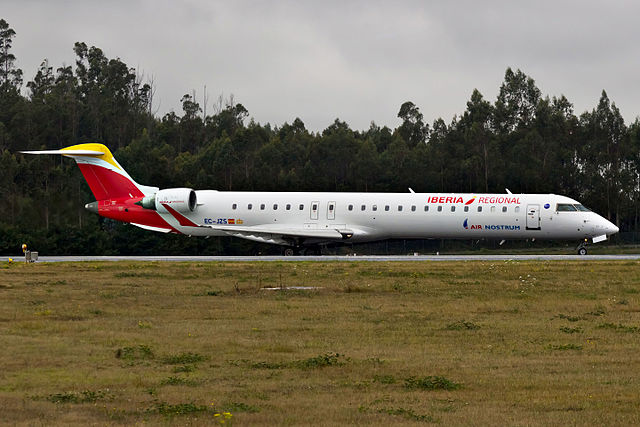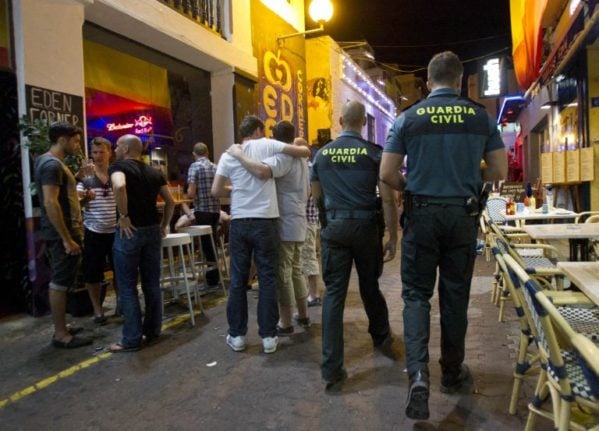Air Nostrum pilots have announced stoppages over Christmas in Spain, creating more problems for air travel in the country.
Pilots’ union Sepla called the strike, demanding better work conditions and wage increases for pilots that will offset the increase in the Consumer Price Index (CPI) in Spain.
Air Nostrum’s planned industrial action comes just days after another leading Spanish trade union called on up to 10,000 Aena airport workers across the country to strike on key dates over Christmas.
UPDATE: Spain’s airport staff Christmas strike called off
Cabin crew in Spain for low-cost airlines Vueling and Ryanair strikes will also continue with their strikes until after Christmas, although according to airline officials this is having little impact on passengers.
Air Nostrum is a Spanish regional airline based in Valencia and is a franchisee of Iberia, operating mainly domestic flight routes throughout the country but also some connections to other European and African countries.
Sepla on Tuesday asked the Spanish government to “not restrict” and “seriously violate” the rights of workers by enforcing the minimum services of 100 percent that Air Nostrum’s management proposes.
Spanish law allows authorities to force workers that go on strike to provide minimum services if their industrial action can cause serious disturbances to the public and freedom of movement.
Air Nostrum’s board is calling Sepla’s demands “disproportionate” and has said that the franchise would be in great economic difficulty if they gave in.
The strike days will be December 23rd, 26th, 27th, 29th and 30th, as well as January 2nd and 3rd, for 24 hours each time.
Other countries such as the United Kingdom and France are also facing strikes over the Christmas period which will affect air, sea and rail travel.
READ ALSO:



 Please whitelist us to continue reading.
Please whitelist us to continue reading.
Member comments